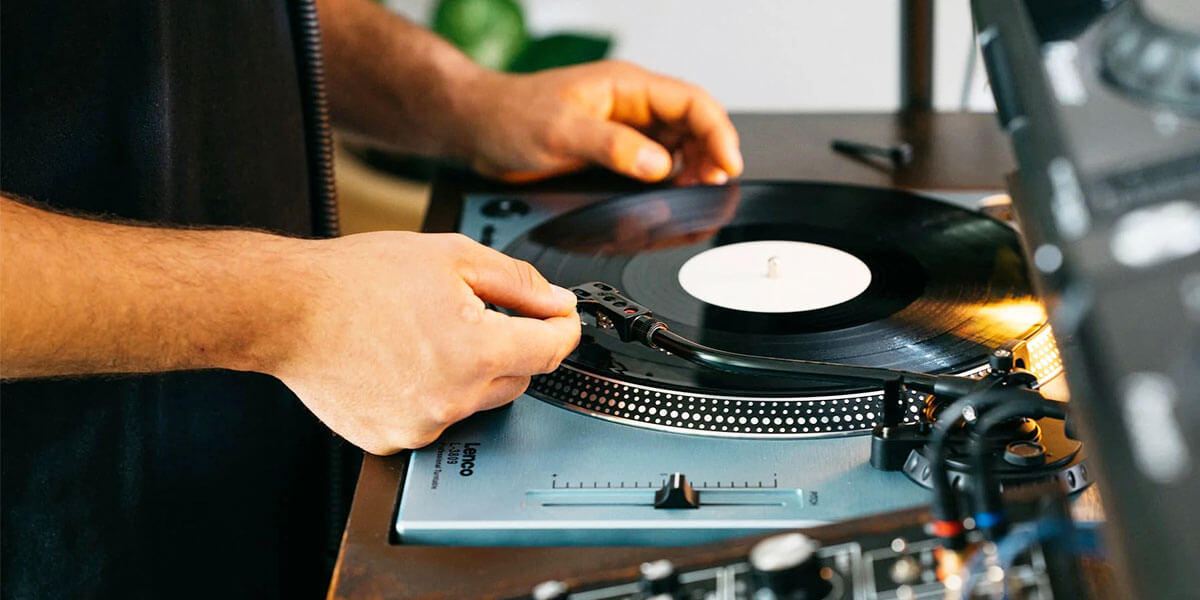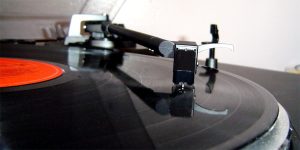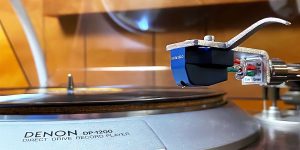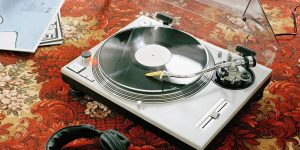Are cheap record players bad for your vinyl collection? To answer this question, we need to figure out the mechanics of a turntable’s stylus. Unfortunately, many budget-friendly record players come equipped with ceramic cartridges, which can lead to a myriad of problems over time, ultimately jeopardizing the quality of your vinyl records. In this article, I’ll share with you the primary issues associated with ceramic cartridges and explore why investing in a higher-quality vinyl player may be important to safeguard your vinyl collection’s longevity.
How a cheap turntable might cause damage
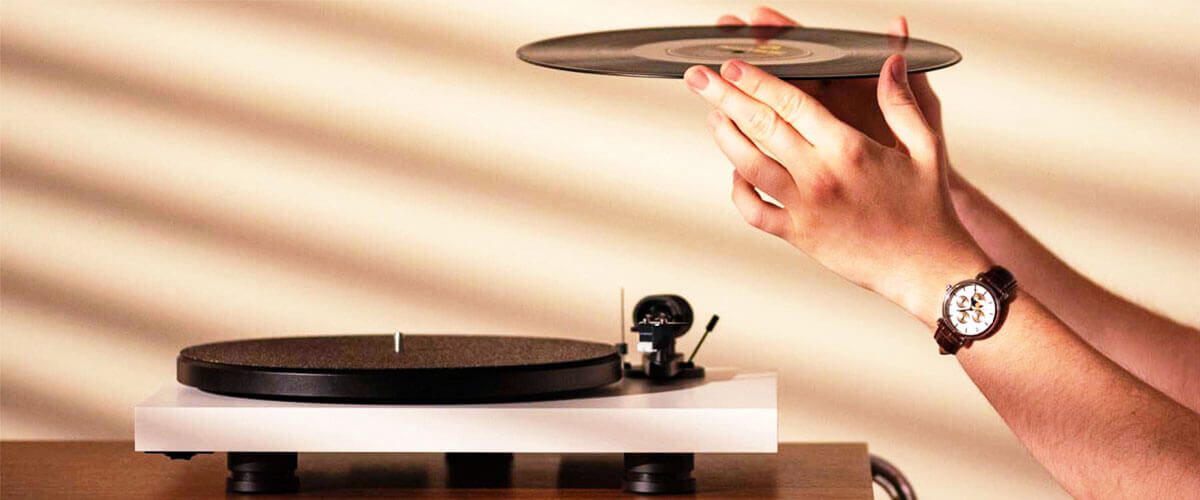
I want to notice that problems with a cheap turntable aren’t just one-off problems; they may compose and degrade the quality of the recording when played back repeatedly. In addition to the quality of the cartridge, it is worth considering additional options for how cheap players can ruin records:
Tracking force
One of the key factors affecting the longevity of your records is the pressure force, which is the vertical pressure that the stylus exerts on the surface of the record. Excessive clamping force can cause problems for your collection. When a cheap turntable does not allow this force to be calibrated correctly, it often ends up being overapplied. This excess pressure can cause the stylus to fit deeper into the grooves than intended, eventually causing wear. Over time, these deeper grooves can cause distortion and, in worst-case scenarios, permanent damage to your records.
Inconsistent motor speed
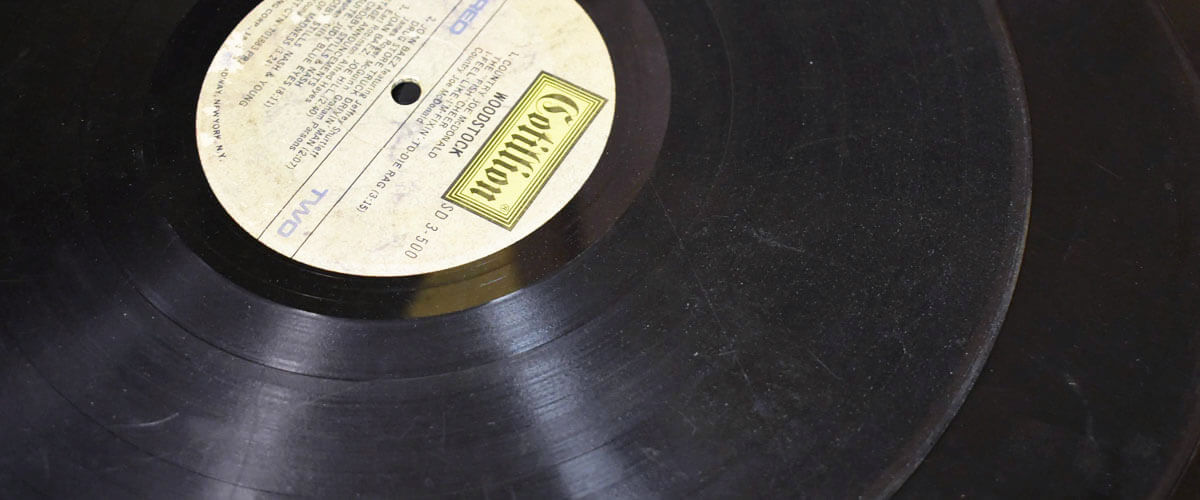
Maintaining a consistent motor speed is paramount when playing vinyl records. Any fluctuations in speed can lead to uneven wear and potential tracking issues. Unfortunately, many budget turntables use subpar components that struggle to maintain a steady rotation speed. These inconsistencies can manifest as variations in pitch and tempo during playback, significantly diminishing the listening experience. Additionally, uneven wear on the record can cause audible artifacts, such as pops and crackles, making it important to invest in a turntable with a reliable motor system.
Lack of anti-skating
Anti-skating is an important mechanism in turntables that counteracts the natural inward force that the stylus experiences as it traverses the grooves of a record. In cheaper models, anti-skating mechanisms may be absent altogether or poorly adjustable. Without proper anti-skating control, the stylus can exert uneven pressure on the groove walls, leading to tracking errors and distortion. As a result, your vinyl records may suffer from premature wear and a loss of fidelity.
Poor tonearm design
The tonearm, responsible for holding the stylus and applying the tracking force, plays a pivotal role in protecting your records. Inexpensive turntables often feature suboptimal tonearm designs that fail to distribute pressure evenly across the record’s surface. This can result in skips, repeated playback of the same section, or increased wear on specific areas of the vinyl. To safeguard your collection, it’s important to invest in a turntable with a well-engineered tonearm that minimizes these risks.
How to mitigate potential damage
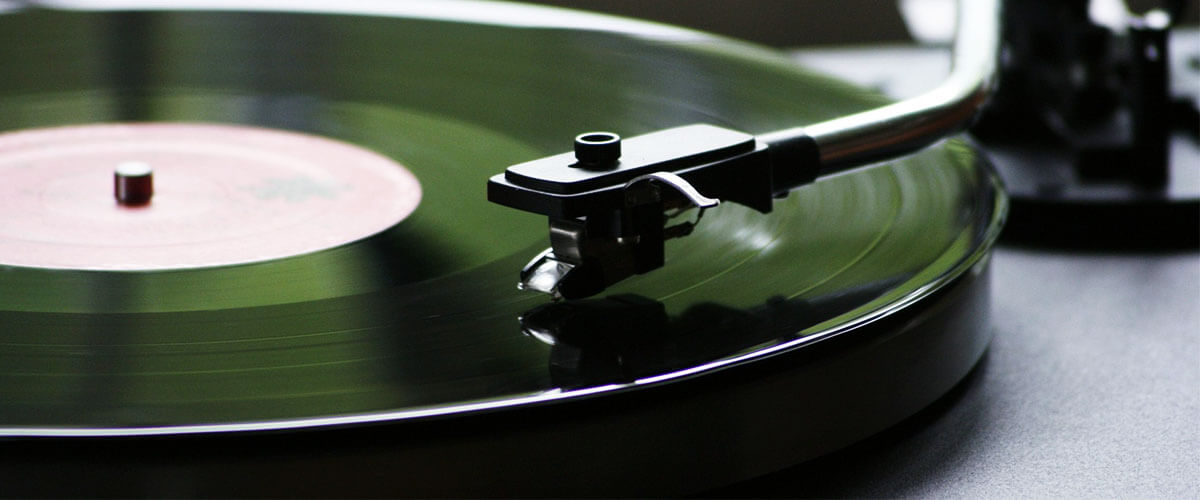
While cheap turntables pose risks to your vinyl collection, there are several proactive measures you can take to mitigate potential damage and ensure your records remain in pristine condition.
Upgrading components
Consider upgrading critical components of your turntable, such as the cartridge and stylus. Opt for a high-quality cartridge with a fine stylus tip that exerts the appropriate tracking force. This not only enhances sound quality but also reduces the risk of excessive wear on your records. Investing in a better cartridge can make a significant difference in preserving your vinyl collection.
Regular maintenance
Regular maintenance is key to extending the life of your turntable and protecting your records. Clean the stylus regularly to prevent dust and debris buildup that can damage the grooves of your records. Additionally, keep the platter and tonearm free from dust and dirt. Lubricate any moving parts as per the manufacturer’s recommendations to maintain smooth operation and prevent undue stress on your records.
Seeking professional calibration
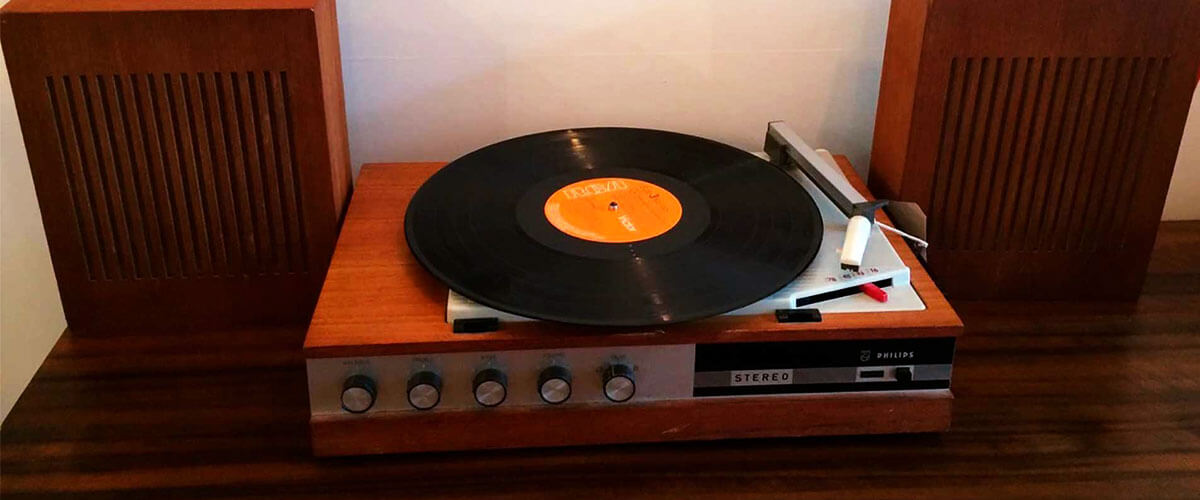
For those with more advanced turntables or complex setups, seeking professional calibration is a wise choice. A qualified technician can ensure that your turntable’s tracking force, anti-skate, and other settings are correctly adjusted. Professional calibration can significantly reduce the risk of tracking errors and uneven wear, providing added protection to your vinyl records.
Investing in a quality turntable
Perhaps the most effective way to protect your vinyl collection is to invest in a high-quality turntable from the start. Quality turntables are designed with precision engineering and components that minimize tracking force discrepancies, maintain stable motor speeds, and include effective anti-skating mechanisms. While they may come with a higher price tag, the long-term preservation of your records and the improved audio experience make it a worthwhile investment for dedicated vinyl enthusiasts.
In conclusion, cheap turntables may pose threats to your vinyl records, but by upgrading components, practicing regular maintenance, seeking professional calibration, or investing in a quality turntable, you can safeguard your cherished collection and continue to enjoy the rich, warm sound of vinyl for years to come. Remember that protecting your records is not just an investment in your music; it’s a commitment to preserving the history and artistry of vinyl recordings.

